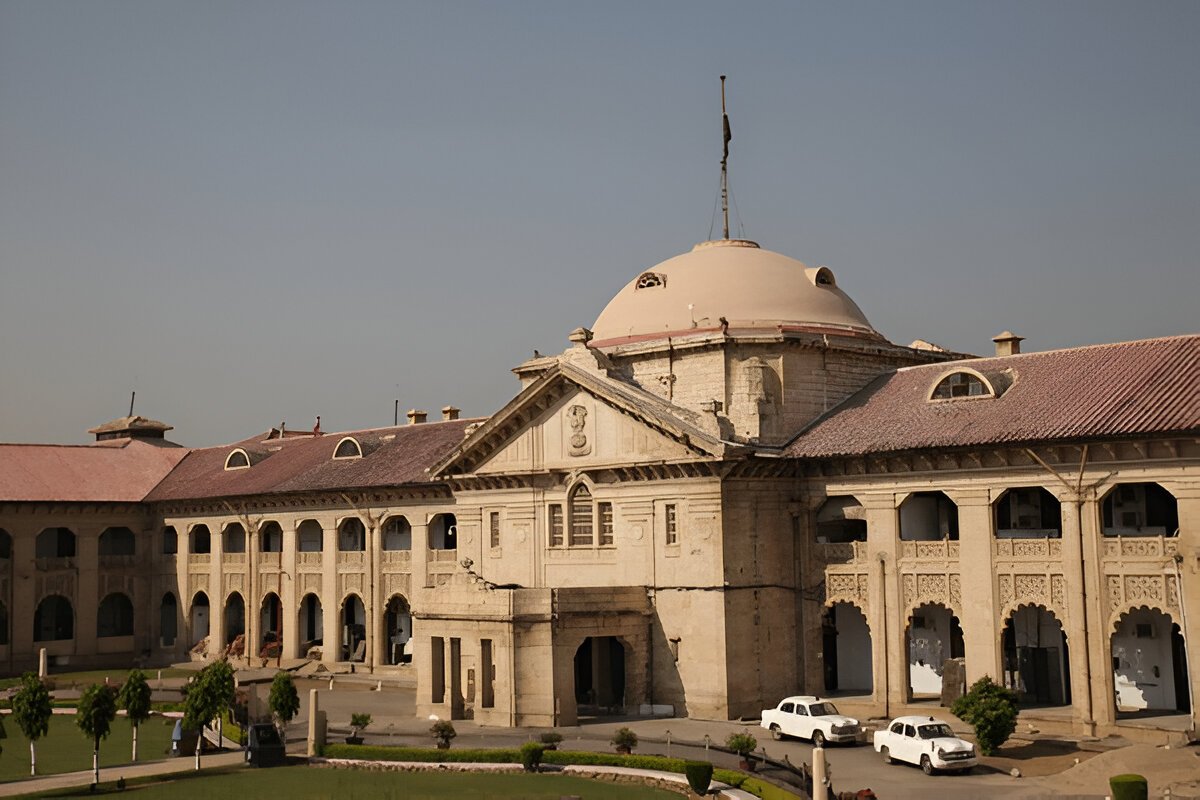A Bench comprising Justice BR Gavai and Justice Augustine George Masih
Introduction:
The Supreme Court in this case severely criticized the Allahabad High Court for invoking Section 362 of the Code of Criminal Procedure (CrPC) to alter a final judgment in a murder case. The High Court had changed the conviction from Section 302 IPC (murder) to Section 304 Part II IPC (culpable homicide not amounting to murder), which the Supreme Court held to be a misuse of Section 362 CrPC. The apex court reiterated that Section 362 CrPC permits only correction of clerical or arithmetical errors, not substantive review or alteration of final judgments.
- Section 362 CrPC (Now Section 403 of BNSS,2023) – Court not to alter judgment:
“No Court, when it has signed its judgment or final order disposing of a case, shall alter or review the same except to correct a clerical or arithmetical error.”
- Section 302 IPC (Now Section 103(1) of BNS,2023)– Punishment for Murder
- Section 304 Part II IPC (Now Section 105 of BNS,2023) – Culpable Homicide not amounting to Murder (without intent but with knowledge)
Facts of the Case:
In May 2018, the Allahabad High Court dismissed criminal appeals filed by the accused, affirming their conviction under Section 302 IPC for murder. Later, the accused filed an application titled a “Correction Application” before the High Court.
In February 2019, the High Court allowed this correction application and converted the conviction from Section 302 IPC to Section 304 Part II IPC, thereby reducing the sentence. The State challenged this modified order before the Supreme Court.
Issues:
- Whether the High Court can alter a final judgment under the guise of correcting a "clerical error" using Section 362 CrPC?
- Whether the change from Section 302 to Section 304 Part II IPC amounts to a substantive review barred under Section 362 CrPC?
Contentions of the Petitioner:
The petitioner argued that Section 362 CrPC does not permit substantive changes in a judgment after it has been signed and finalized. The change in conviction from Section 302 to Section 304 Part II IPC was not a clerical error but a substantive review, and therefore illegal. The High Court's second order had an entirely different reasoning, which is impermissible under CrPC.
Contentions of the Respondent:
The respondent claimed that the application was only for correction of a clerical error, and the High Court rightly used Section 362 CrPC. They argued that the revised order merely clarified the reasoning and aligned the conviction with the facts.
Court’s Analysis:
The Supreme Court observed that Section 362 CrPC is explicit in stating that no court shall alter or review a judgment after it has been signed, except to correct clerical or arithmetical errors.
The bench of Justice B.R. Gavai and Justice Augustine George Masih noted that the second judgment of the High Court involved a complete change of reasoning and conviction, which was beyond the scope of Section 362.
The Court referred to precedents such as:
- Smt. Sooraj Devi v. Pyare Lal and Another, (1981) 1 SCC 500
- Naresh and Others v. State of Uttar Pradesh, (1981) 3 SCC 74
These cases had already declared that substantive modifications under Section 362 are impermissible.
Conclusion:
The Supreme Court set aside the High Court’s revised judgment, holding that the Allahabad High Court violated Section 362 CrPC by making substantive changes post-judgment under the pretext of clerical correction. The apex court reinstated the original conviction under Section 302 IPC and expressed serious concern about such judicial overreach.

